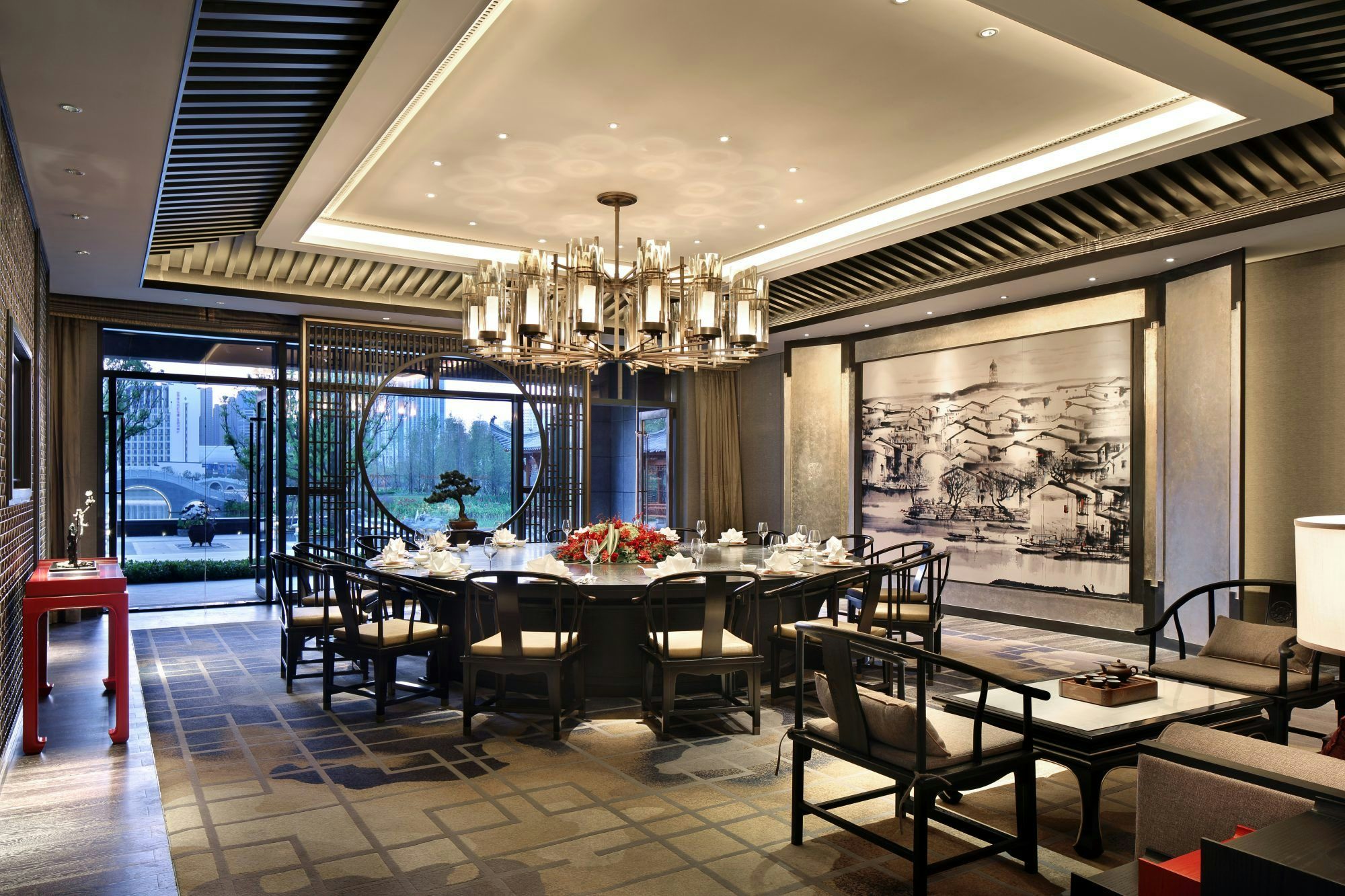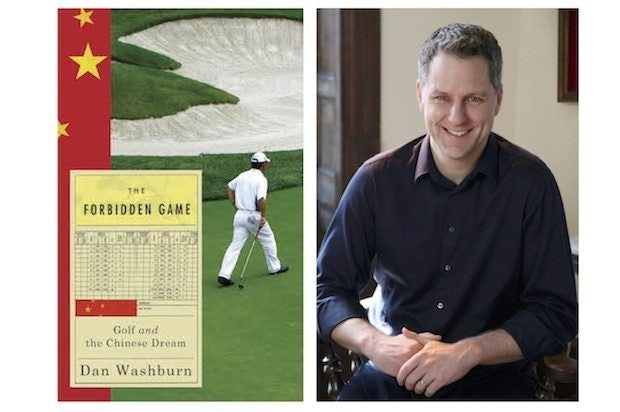Authorities Ban High-end Golf Courses Before Party Congress#
The Chinese government has ordered to cease the golf-course offering at a Dalian Wanda-owned resort in northeastern China. The announcement came right before the week-long 19th Party Congress starting on October 18, in which President Xi Jinping was set to reinforce the importance of an anti-graft campaign that he initiated around 2013.
According to an official statement released by Fusong County government on October 13, Wanda was required to shut down high-end golf courses that were being offered at the international Changbaishan resort. The statement did not specify the reason for the closures nor did it indicate if it would be resumed in the future.
Wanda opened the Changbaishan resort in 2012, aiming to offer a "world-class" experience to domestic and international luxury travelers. The targeted golf service has long been highlighted by Wanda as a major attraction to tourists in its official promotional materials of the resort. The courses were designed by Jack Nicklaus' group and Robert Trent Jones. The resort joined Robert Trent Jones Jr. Club of China in 2013.
Beijing's Inconsistent Attitude Toward Golf#
The closures represent the latest move by Beijing to target golf, a sport that originated in the West, but is nicknamed "green opium" by authorities in China. However, the closure did not come as a total surprise to people who were familiar with the complex history of the golf industry in China.
In 1949, the sport was banned by the Chinese Communist Party, particularly Chairman Mao Zedong, for being too bourgeois. Golf was later legalized in 1984 as China started to open up its economy under the leadership of Deng Xiaoping. The industry has since undergone rapid development and quickly became one of the more popular sports activities among the Chinese ultra-rich population to show off social status and wealth.
In 2004, Beijing engineered a new round of crackdowns on the basis that the construction of golf playgrounds usurped too much of the land resources. The ban has been further intensified by President Xi's anti-corruption campaign, which prohibits all kinds of extravagant spending by government officials.
However, it is worth noting that the enforcement of the golf ban since 2004 was not strictly pursued by Beijing. During the past decade, China's property developers, including Wanda, still managed to triple the country's total number of golf courses under these circumstances.
In Wanda's case, CNN reported that the company received official government approval to use the land to develop golf courses at the Changbaishan resort. Moreover, the support from the Chinese government was indicated by its willingness to "compensate the company for any losses that might occur in the event of land use disputes," the same report said.
What Should Luxury Brands Learn From it?#
Beijing's approach to regulating the golf industry shows a high degree of inconsistency and ambiguity, which has enormous implication for the luxury industry in China.
The constant connection between luxury spending and corrupt behaviors in China makes it difficult to avoid the inconsistent attacks by Beijing from time to time. Due to the differing attitudes toward golf embraced by China and the West, the activity is, unfortunately, a symbol of corruption in the country. For luxury brands, it is, thus, imperative to understand the symbolic meaning of their offerings.
Similarly, mooncakes, a traditional pastry consumed by Chinese people in celebration of the Mid-Autumn Festival, have become an emblem of corruption in recent years. The government has been cracking down on mooncakes as officials were found using extravagant boxes for mooncakes (shockingly made with gold, silver, shark's fin and bird's nest) instead of cash and gift cards to engage in corrupt activities.
In addition, brands should be more alert, and furthermore, prepared, ahead of significant political events. The latest golf ban happened before China's top-level political event — 19th Party Congress. The ongoing conference, from October 18 to 24, sees leaders of Chinese Communist Party gather to set the tone of the country's political and social development for the next five years. Some key initiatives like anti-corruption are set to be strengthened during the upcoming meeting.
For luxury brands, the recent ban further implies the need to be aware and also up to date on the ever-changing definition of luxury that is embraced by the Chinese government. In the Western world, golf is a sport for everyone, yet in China, it is deemed as an elite activity by both government and mass consumers, which results in the corrupt elements inevitably surrounding the sport. Going forward, the case of golf is not likely to be the only case at a time when Chinese consumers' demand for luxury consumption moves to be more experiential from purely materialistic.



